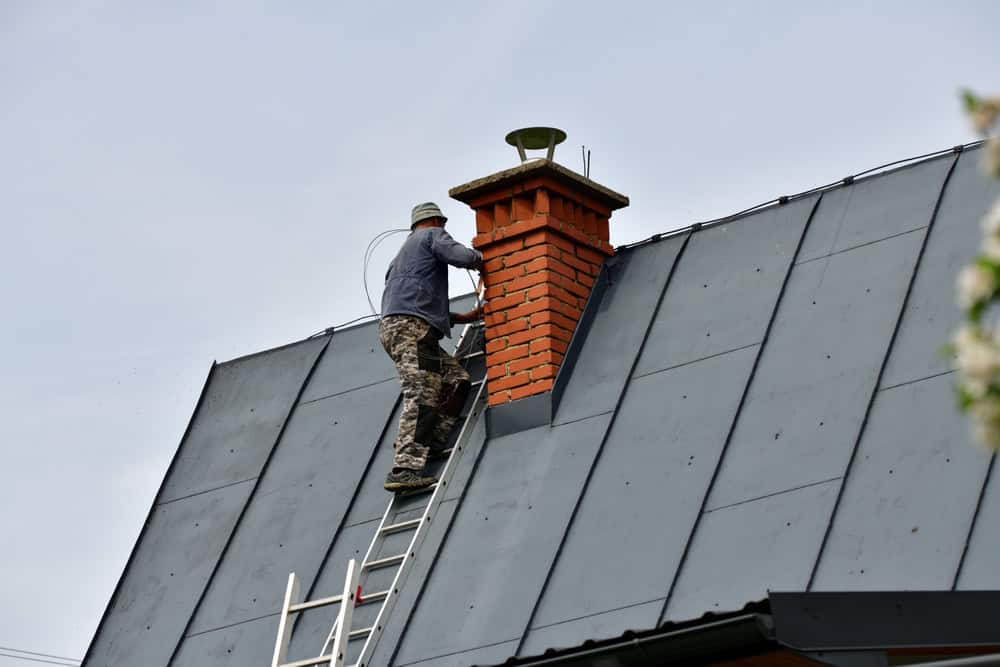CSI certified technicians with over two decades of experience installing quality stainless steel chimney liners that protect your home.

Hear from Our Customers

Your chimney liner isn’t just another component—it’s the barrier between dangerous gases and your living space. When it’s compromised, you’re looking at carbon monoxide risks, structural damage, and potential house fires.
A properly installed stainless steel chimney liner changes everything. You get consistent draft performance, which means your fireplace actually works the way it should. No more smoke backing up into your room during those cozy winter nights.
The real peace of mind comes from knowing your family is protected. A quality liner installation eliminates the pathway for deadly gases to seep into your home. Plus, you’re protecting your biggest investment—your house—from the kind of structural damage that costs tens of thousands to repair later.
We’ve been serving Richmond, RI homeowners since 2000. The same team that started this company is still here, still working on chimneys, still solving problems.
Our technicians hold CSI certification from the Chimney Safety Institute of America. That’s not just a piece of paper—it’s proof that we know current safety standards and proper installation techniques.
We’ve seen what happens when chimney work gets done wrong. That’s exactly why we maintain higher quality control standards than most companies in this area. Your home deserves better than shortcuts.

First, we inspect your existing chimney structure to determine the right liner size and type. Every chimney is different, and cookie-cutter approaches don’t work. We measure everything precisely because proper fit determines how well your system will perform.
Next comes the actual installation. We carefully insert the new stainless steel liner from the top down, making sure it’s properly connected at both ends. The top gets sealed with appropriate caps and connections, while the bottom connects securely to your fireplace or appliance.
Finally, we test everything before we leave. You’ll see exactly how your system performs with the new liner in place. We also walk you through what to expect and answer any questions about maintenance or operation.

Ready to get started?
Every chimney liner installation includes a complete assessment of your existing system. We don’t just drop in a liner and call it done. You get proper sizing, quality stainless steel materials, and connections that meet current safety codes.
Richmond’s coastal environment demands materials that can handle moisture and temperature changes. We use heavy-duty stainless steel liners that resist corrosion and maintain their integrity for decades. Cheap materials fail fast here, especially with salt air exposure.
Your installation also comes with our commitment to do it right. We provide in-house financing options for larger projects, and every job starts with a free estimate. No surprises, no pressure tactics—just honest assessment of what your chimney needs.
